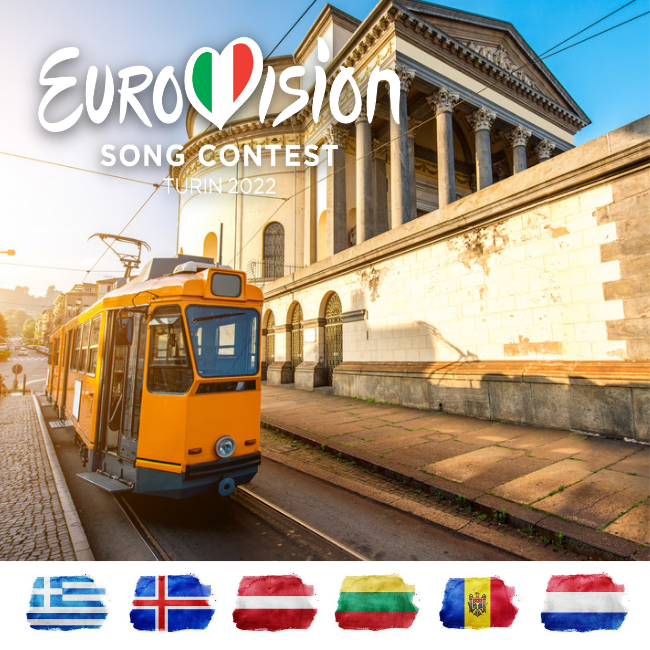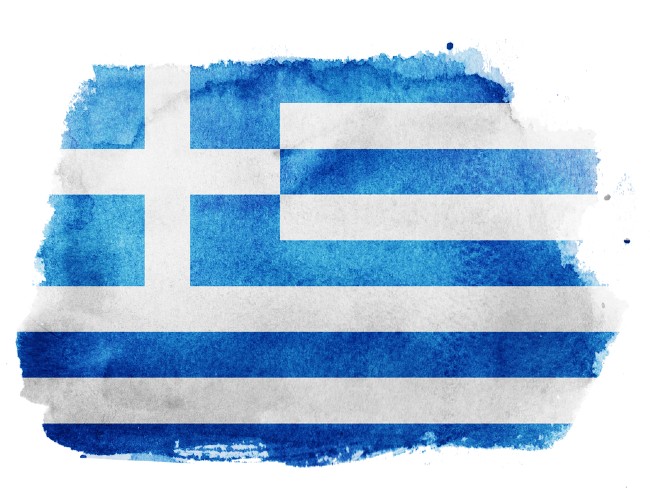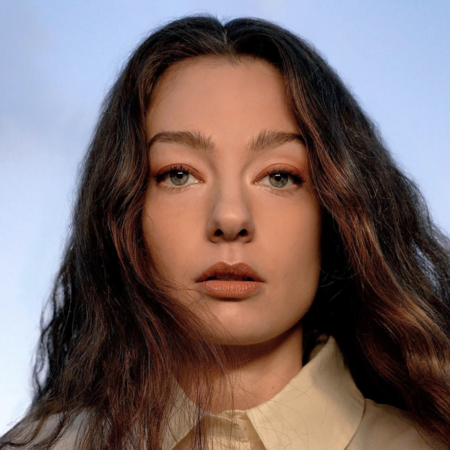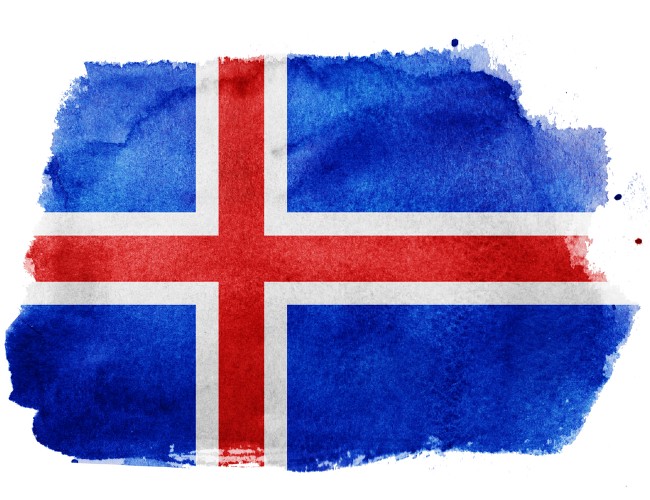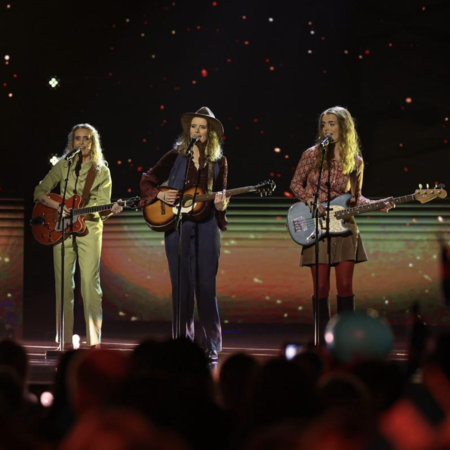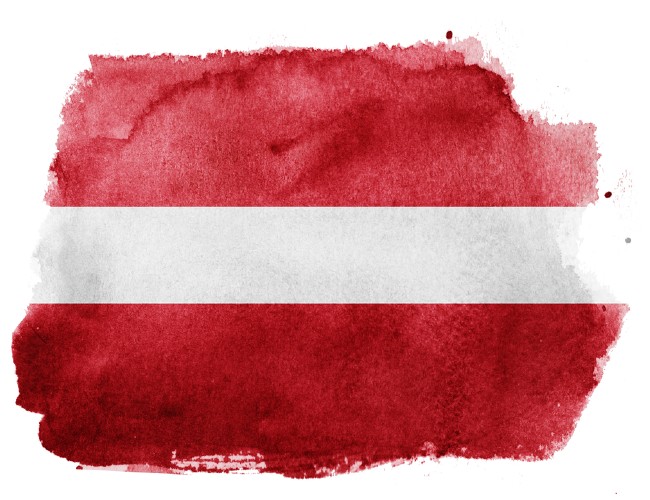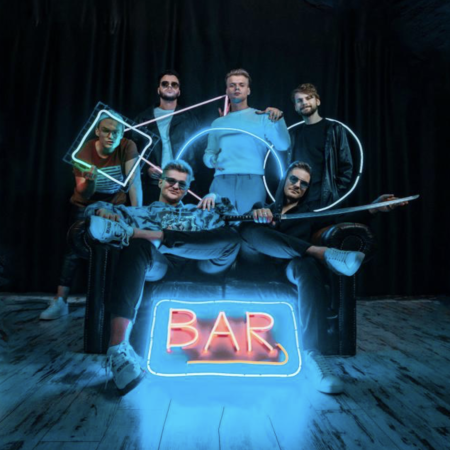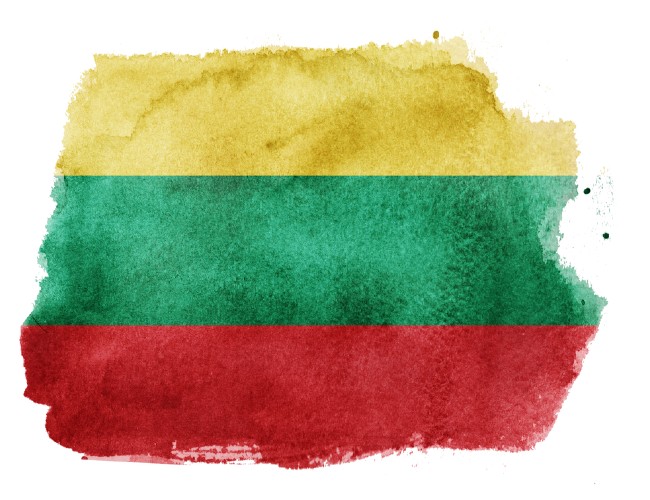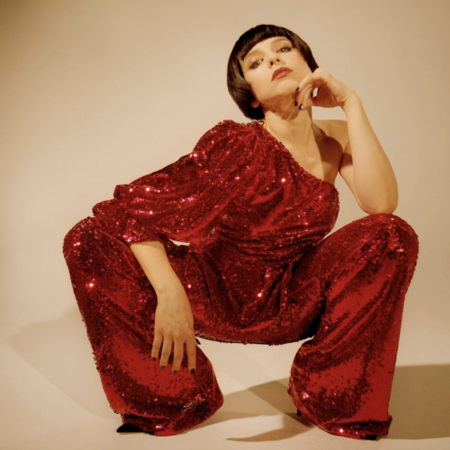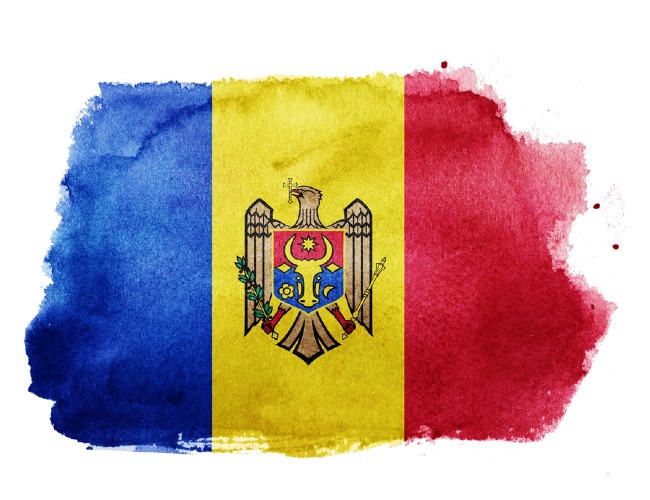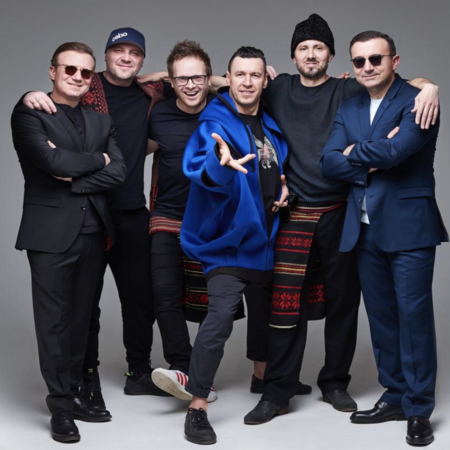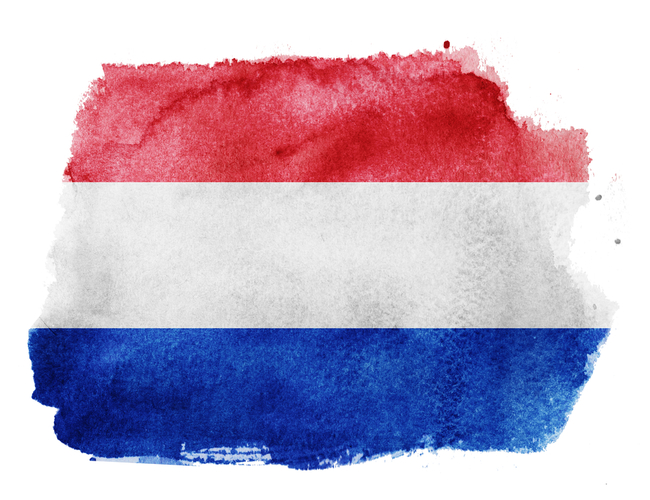What is the Eurovision Song Contest?
Started way back in 1956 as a way of drawing a fractured Europe back together with the healing power of music, the Eurovision Song Contest, or Concours Eurovision de la Chanson – the contest is telecast in both English and French – is open to all active members of the European Broadcasting Union, which oversees the competition.
Each country is permitted to submit one three-minute song to the contest – a song which is selected by a variety of means, usually a winner-takes-all competition such as Sweden’s renowned Melodifestivalen – which their selected entrant performs in one of two semi-finals in the hopes of making it to the glittering grand final.
Only six countries have direct entry into the grand final:
- The Big Four who fund most of the contest – UK, Germany, France and Spain
- The host country (which is the winner of the previous year’s contest)
- Italy, who didn’t take part for many years and was re-admitted in 2011 after a 14 year absence (it was one of seven countries that competed in the first event), making the Big Four the Big Five. *
* this year it’s the Big Five with Italy also the host thanks to last year’s win in Rotterdam.
The winner is chosen by a 50/50 mix of viewer votes (you cannot vote for your own country) and a jury of music industry professionals in each country, a method which was chosen to counter the alleged skewing of votes based on political and/or cultural lines when voting was purely the preserve of viewers at home.
Past winners include, of course, ABBA in 1974 with “Waterloo” and Celine Dion who won for Switzerland in 1988 with “Ne partez pas sans moi”.Above all though, the Eurovision Song Contest is bright, over the top and deliciously camp, a celebration of music, inclusiveness and togetherness that draws annual viewing figures in the hundreds of millions.
GREECE: “Die Together” by Amanda Georgiadi Tenfjord
THE ARTIST
Hands up if you know which critically-acclaimed Greek international singer and songwriter went to school with current Norwegian pop star Sigrid?
If you felt compelled to answer Amanda Georgiadi Tenfjord, and mostly because we’re profiling the Greek representation for the Eurovision Song Contest 2022 and that seems like the easy and obvious answer, then you’d be right?
Douze points to you and bonus points, even though they aren’t technically a Eurovision thing, if you also know she grew up in Norway and Greece thanks to her Norwegian mother and Greek father and that while she is studying medicine, and has done her placement in a COVID-19 ward, she is also dedicated to her musical career.
A career that is not to be sniffed at, with 2 LPs, multiple singles, first prize in the Music Prize 2015 with the song “Run”, and according to her Eurovision bio, much lauding from the likes of The Fader and NME, and song placements on shows like Spinning Out and Nudes.
She is definitely making eaves but could her selection to appear for Greece this year be the biggest one yet?
THE SONG
“Die Together” is a haunting piece of music, so poignant and gut-wrenchingly meditative that it seizes your heart and soul in no time flat.
There’s no way to listen to the stripped-back verses and emotionally intense choruses without being deeply affected; as a Top 40, it’s got major hit written all over it but quite whether it’s make a big impact at Eurovision will depend very much on staging on the night and vocal prowess.
If she can summon some of the simmering torch song fieriness that percolates through the song, then this could very well send Greece into the grand final; even so, you get the feeling that is more the type of song that is a lo-fi cathartic experience than a Eurovision star performer.
It’s really more of a case of a brilliantly good song in a superlatively good musical environment that may not be the best place for it but I hope I am surprised because it’s one of those numbers, bolstered by superbly emotive vocals that deserve to do immensely well …
ICELAND: “Með Hækkandi Sól” by Systur
THE ARTIST
Iceland always manage to throw artists with a beguiling amount of quirk and some serious dedication to memorable stagecraft.
Not entirely Systur fits the bill necessarily but the group, composed of, as you may have guessed, three sisters Sigríður, Elísabet and Elín Eyþórsdóttir, certainly have the musical heritage to make an impression, according to their Eurovision bio:
“Their father, Eythor, was a member of the legendary jazz-funk band, Mezzoforte, who scored a UK number 17 hit in 1983 with the song Garden Party. Their mother, Ellen, is also a singer, and their brother (also named Eythor) will join them on stage playing drums.”
That’s some serious familial talent percolating away there and it goes without saying, but hey this is a profile so you know it’ll be said anyway, that they’ve been making music since they were very, very little and likely have it down pat now.
So accomplished are they that their previous group, house band Sísý Ey – a collaboration with DJ Friðfinnur “Oculus” Sigurðsson which found naming inspiration courtesy of their much-loved grandmother – had a major top 40 hit with the song “Ain’t Got Nobody”, a sign that the trio, would spend a great deal of time in work for society’s marginalised with a particular focus of late on trans children’s rights, know their way around a damn good tune.
THE SONG
Indeed they do with “Með Hækkandi Sól”, written by Lovísa Elísabet Sigrúnardóttir (better known by her stage name Lay Low), a dulcet piece of country-styled musicmaking that coasts along on a bed of harmonies so soft and yet marvellously intertwined that you will be wishing the song would last much longer than the allotted three minutes.
The key here is the rich vocals of the three sisters and their skilled guitar work, which under;ins a song of great emotional resonance which harnesses the 1960s/1970s West Coast Sound to powerfully understated effect.
Gut instinct says this won’t win the contest, and it may even struggle to get Iceland out of the semi-final, but not for lack of strong songwriting, mesmerisingly good musicianship and superb delivery.
You can only hope that the voters of Eurovision, with more than few dark storms on the horizon, will be in a more mellow mood, happy to vote for this loping piece of musical finery and let it go its deserved distance.
LATVIA: “Eat Your Salad” by Citi Zēni
THE ARTIST
If you were mourning the absence of quirk in Iceland’s more straight-laced, but brilliantly good, entry this year, then everyone who’s anyone, I give you Citi Zēni from Riga, a band who’s been kicking around since 2020 who declare themselves both the “Princes of Rap” and the “Divas of 21st Century Pop”.
Why you may muse to yourself in your more reflective moments, and to be fair they are many when it comes to Eurovision, does the band refer to themselves with such creative monikers?
It has a lot to do, so we are told, with the six-member pop band – Jānis Pētersons (vocals), Dagnis Roziņš (vocals, saxophone), Reinis Višķeris (keyboards), Krišjānis Ozols (guitar), Roberts Memmēns (bass, vocals) and Toms Kagainis (drums) – delivering energetic performances coupled with a cheeky sensibility and dare we say an idiosyncratic approach to making catchy pop music.
Off for the back some serious critical acclaim for their debut long-player Suņi Iziet Ielās, and the promise of a second album on the way, you would expect the band to delivery some serious catchy music for their appearance for Latvia.
THE SONG
Dubbed an eco-friendly entry, the band’s song “Eat Your Salad” is a winning checklist of things the average Eurovision audience member can do to partly mitigate the environmental devastation humanity is wreaking on the planet.
Musically, the song is catchy as hell, a gloriously upbeat piece of jaunty pop that all but begs you, yes you, to get up out of your seat and dance; the problem emerges with the lyrics which, that one particular word in the contentious opening line aside (let’s just say it alludes to cat ownership and leave it there), feels a little juvenile and half-baked.
It really does feel like a case of winning music and playful but amateur hour lyrics and while they could make a splash on a mix of low-level controversy and sheer chutzpah – you just know they’re going to go all-out live so there’s little danger of Citi Zēn tanking it on stage – the fact is that the song, fun though it mostly is, just doesn’t have the musical chops to take Latvia anywhere much.
It’s highly unlikely that the song will make it out of the semi final with so many other better songs competing for peoples’ attention and votes, but still, one dynamic performance and all bets could be well and truly off.
LITHUANIA: “Sentimentai” by Monika Liu
THE ARTIST
Heading south but staying firmly in the understandably nervous Russian-adjacent Baltic States, Lithuania’s entrant this year is Monika Liu, an artist who has spent her time in the USA (Massachusetts in particular), UK (hello London’s capital!) and Vilnius, capital of the country of her birth.
A graduate of the the University of Klaipėda with a major in jazz – that element is very much winningly present and accounted for in her music – Liu has three albums to her credits, a slew of highly-popular singles, a must in the digital age where you live and die musically on streaming hits, and judging stints on The Voice and The Masked Singer.
As is often the case with many Eurovision performers, Liu kicked things off early learning ballet at three, picking up the violin by five and entering all kinds of singing contests by the age of 15 where it will not surprise you to learn, she did rather well.
Her appearance at Eurovision might seem all but inevitable, especially with the artist saying, according to her Eurovision bio, that “she has been considering making her way to the Eurovision stage for many years, and the time proved right for her now”.
THE SONG
Given the wait to get there, and with an admission that timing is everything, does “Sentimentai” deliver?
It does and then some – a slinky, almost Chicago-esque piece of, naturally, jazz-inflected chanteuse pop, that crests on Liu’s perfectly-enunciated, emotively-rich vocals that spin Lithuanian into an almost-French delivery, “Sentimentai” is full of playfully poetic lyrics about the presence, you surmise, a special someone who appears again and again in her life.
Wrapping around you like a pashmina on a chilly night and suffused with a cabaret sultriness that speaks to the singer’s ability to effortlessly conjure up atmosphere and emotion, the song is a spellbinding piece of magically alive pop that will need a fittingly beguiling stage performance to go with it.
The temptation might be to go low and minimalist, given the stripped-back allure of the song but here’s hoping for a 3.a.m. in a smoke-filled Vilnius jazz bar vibe that gives this memorably evocative song the visual setting it deserves.
MOLDOVA: “Trenulețul” by Zdob şi Zdub & Fraţii Advahov
THE ARTIST
While it’s good to kill it in studio, its out on the road that bands really win hearts and minds, and even more crucially make their money, so it’s good that one half (really more than that but close enough) of Moldova’s entry Zdob şi Zdub & Fraţii Advahov is just “as infamous for their spectacular live shows, as … their catchy, sing-along tunes.”
That’s right, Zdob şi Zdub have been called “infamous” and in the bio for Moldova’s official entrant too but you get the feeling this is a very good things for a band that’s been around since 1994, barely leaving the road or the recording studio, a blisteringly intense numbers of tours and festival appearances, and ten albums in their artistic wake.
While it’s unclear just how infamous Frații Advahov is or isn’t, the Moldovan folk band, based in the capital Chișinău and made up of brother Vasile and Vitalie, have the musical chops to carry off a performance with Zdob şi Zdub.
Apparently, this coming together of two of the biggest names in Moldovanmusic is not a once-off, with plans for an entire album of music down the track but for now, there is Eurovision, which we can all agree is pretty big enough a mountain to conquer for now.
But does this musical agglomeration have what it takes to make an impression/
THE SONG
Quite possibly, yes.
While it’s highly unlikely that “Trenulețul” will win the contest for the company, the song is brilliantly, immensely, infectiously, gloriously happy catchy, an infectious mix of Moldovan folk and a mischievous rock ‘n’ roll sensibility that should see the song do great business among voters.
It is great music, paired with some hilariously comedic but pointed lyrics and an eye for performance that is all through the clip too which has a huge deal of infectious fun with the idea of Moldova’s history and identity, largely as a result of the country bouncing between Romania, Russia and independence over the years.
You may not necessarily have expected to get a cheeky musing on the country’s sense of self in its song but good lord you do, and armed with music so danceable it’s impossible to seat how anyone will stay seated in Turin, “Trenulețul” is going to be one of the semi final’s highlights, up there for memorability I suspect with “Party For Everybody” in 2012.
NETHERLANDS: “Der Diepte” by S10
THE ARTIST
S10 is so cool she hasn’t even bothered with an artistic moniker of the more usual variety.
The stage name of Stien den Hollander, a Dutch singer, rapper and songwriter, S10 is barely into her twenties, who started making sweet nameless music in 2016.
She has since become what her Eurovision bio styles as “the darling of the Dutch alt-pop scene” who, and this is some impressive, has succeeded in “winning over critics, amassing a loyal army of fans, and triumphing at prestigious awards ceremonies.”
That’s a lot to accomplish in six short years and it all began when S10 wrote, recorded and self-released her first EP, Antipsychotica (a direct reference to the metal health struggles of her teenage years and her subsequent diagnosis with bipolar disorder) and got her name firmly on everyone’s musical radar.
It was followed in 2019 by her debut album Snowsniper which garnered her a Edison Award in 2020 and which gave rise to second album Vlinders and a top 5 placing in the Dutch Album Top 100.
But will all that success, and trust us there’s more on her impressive CV yet, be enough to make a game for herself on the biggest European stage of all?
THE SONG
With a song like “De Diepte” and a voice so richly emotive is consumes you in all the very best ways, absolutely, yes.
An emotionally song that wonders if there is salvation from the lost and lonely places in life, where hope seems thin on the ground and beyond wishing for, “De Diepte” is a superlative piece of lo-fi but emotionally impactful pop that will no doubt deliver the goods on the night.
It has it all – catchy melody, incisive lyrics, superb vocal delivery, an atmospheric etherealness that feels gritty into the bargain and an artist who seems to live her song and not just sing it.
It may not win the Netherlands the big glass microphone trophy but it will be stand out of the semi final one of those songs that’s so memorably evocative, it will be played long after they’ve switched off the lights in the Pala Olimpico …
